#red rocket 2021
Explore tagged Tumblr posts
Text








red rocket (2021) dir. sean baker
#underrated asf#one of my fav movies ever#not to be annoying but this is what i tend to imagine when i listen to lana and dissociate#hot summer nights mid july#fantasizing about an age gap relationship is a disease. and i have it#sean baker#simon rex#suzanna son#red rocket 2021#red rocket#a24#film#cinema#indie films#lana del rey#lana del rey aesthetic#lizzy grant
59 notes
·
View notes
Text

Sean Baker - Red Rocket (2021)
70 notes
·
View notes
Photo





Red Rocket Sean Baker. 2021
Ocean Cabaret 1244 Gulf Fwy, Texas City, TX 77591, USA See in map
See in imdb
#sean baker#red rocket#simon rex#ethan darbone#stripshow#texas#united states#texas city#movie#cinema#film#location#google maps#street view#2021
24 notes
·
View notes
Text

"Red Rocket" (idem) - netflix.
Estou bastante curioso pra ver o novo filme do Sean Baker, "Anora". E esses dias esse de 2021 estreou na netflix. O que é uma surpresa, já que Baker não tem uma 'cara' de netflix. Quando passou pelos cinemas, foi bastante elogiado, mas não consegui ir ver.
depois de ver: Baker parece ser um dos poucos diretores que olham pro americano mesmo. sem heróis, sem militares, sem glamour, sem salvar o mundo. grande filme!
2 notes
·
View notes
Photo
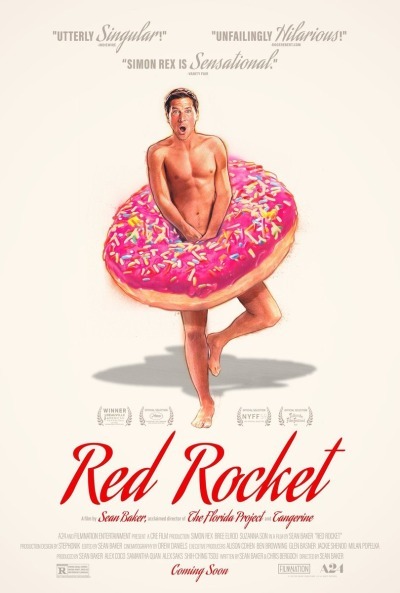


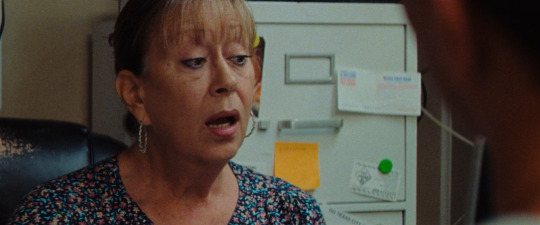
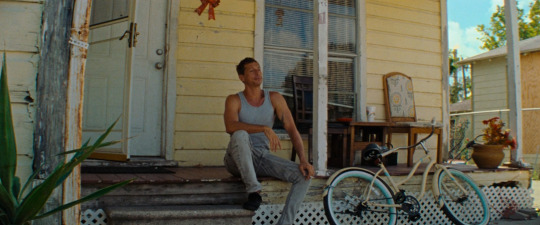





Red rocket by Sean Baker (2021)
5 notes
·
View notes
Text

Red Rocket (2021)
Dir. Sean Baker
DoP. Drew Daniels
PD. Stephonik Youth
1 note
·
View note
Text
Best of 2021 in 2022
Every year there are some movies I just don’t get around to seeing, so I catch up on them the next year. This is not the Best Movies of 2021, but just the best 2021 films I saw in 2022:
TOP 2021 MOVIES I SAW IN 2022:
5. West Side Story
Steven Spielberg
4. The Worst Person in the World
Joachim Trier
3. C’mon C’mon
Mike Mills
2. Spider-Man: No Way Home
Jon Watts
1. Red Rocket
Sean Baker
Sean Baker has made some impressive films before, but in this loose indie comedy about a washed-up porn star returning to his small town, he swung it out of the park! A perfect example of something funny, thought-provoking, and clever you can do on a low-budget!
TOP 2021 DOCUMENTARY I SAW IN 2022:
1. You’re Watching Video Music Box
Nas
Nas’s doc about the long-running music TV show that aired in NYC and showcased the golden age of hip hop is a love letter to this TV program and its influence. The hip hop Life on the V!
#best of 2021#lists#west side story#steven spielberg#the worst person in the world#joachim trier#c'mon c'mon#mike mills#spider-man: no way home#jon watts#red rocket#sean baker#you're watching video music box#nas#film geek#documentary
0 notes
Text
linked in the source is a completed gif pack (#253) of suzanna son as raylee/strawberry in red rocket (2021). these gifs were made from scratch by me so please don’t claim as your own, and read my rules before saving/using!! do not use to rp as suzanna herself, or to portray a minor. please give credit where credit is due, and give this post a like and/or reblog if you plan on saving/using!
keep in mind suzanna son is a white woman born in 1995 (29) and was likely around 24/25 when the movie was filmed.
TW: kissing, smoking, eating, suggestive content



#suzanna son gif pack#suzanna son#suzanna son gif hunt#suzanna son gifs#red rocket#gif pack#gif hunt#gif#fcxdirectory#gifsociety#rph#rpc#resource#strawberry red rocket#mine
130 notes
·
View notes
Text
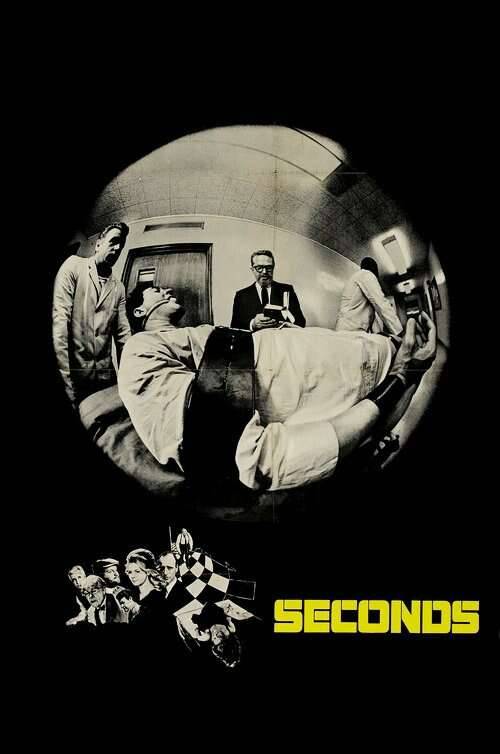
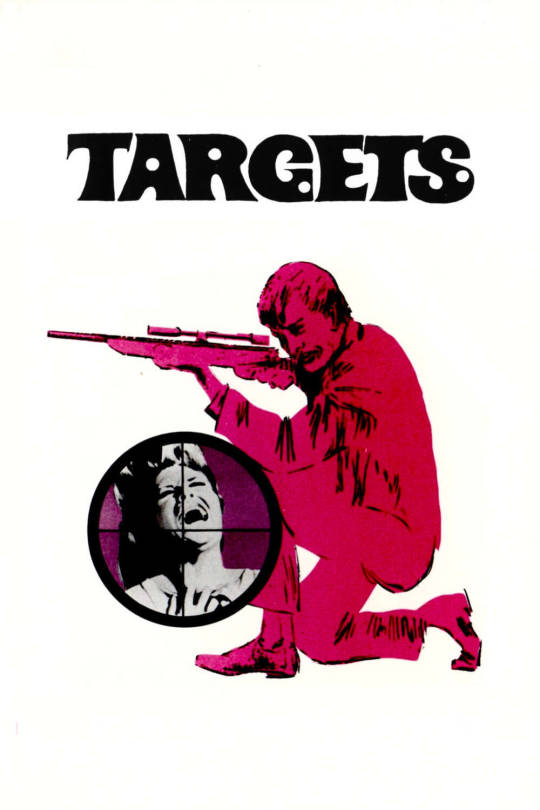
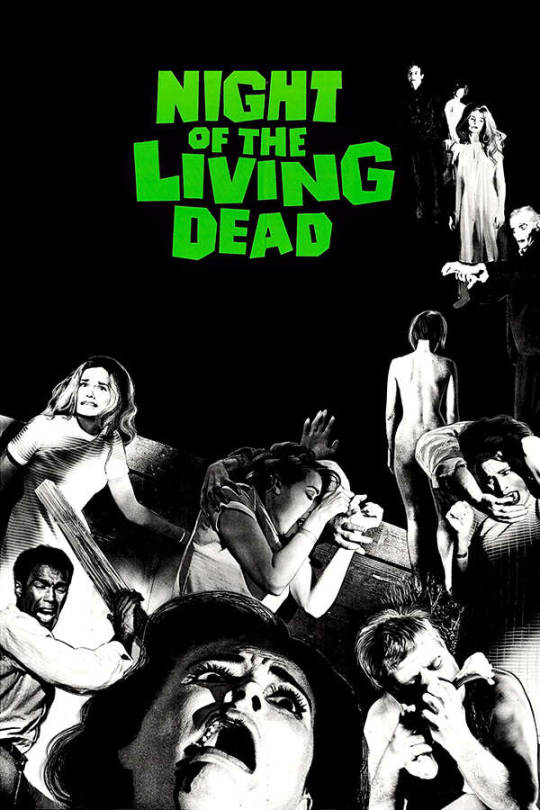
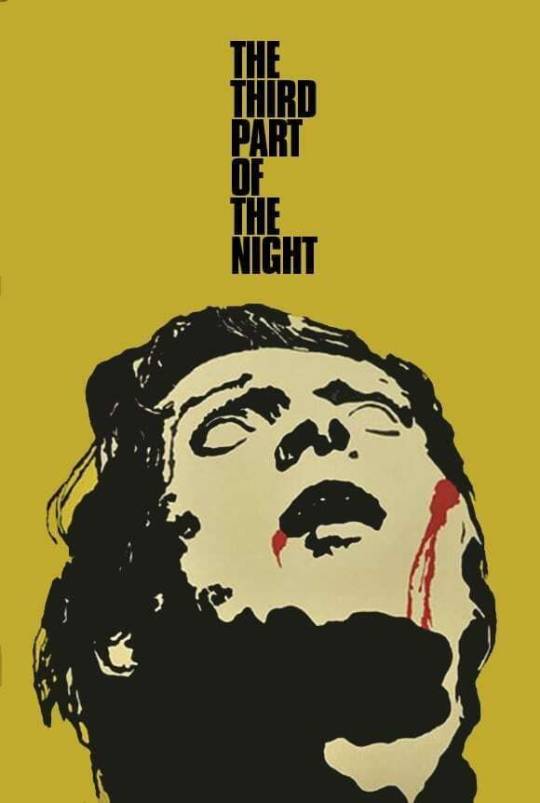
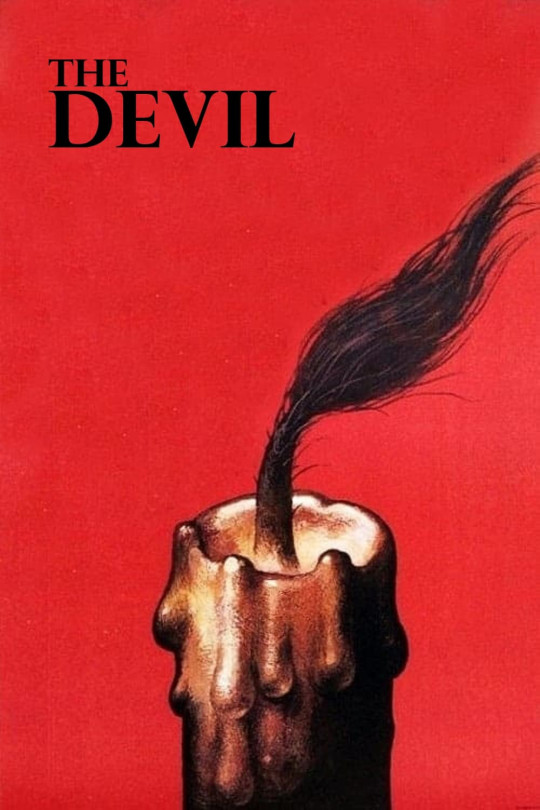
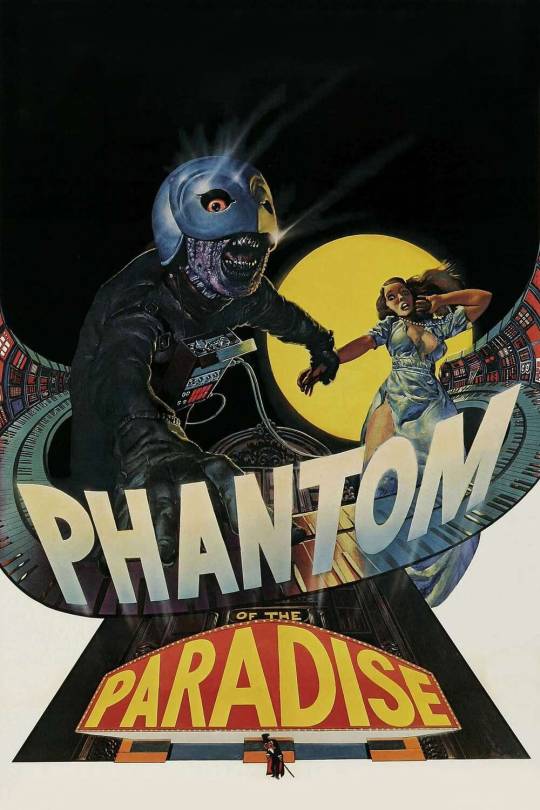
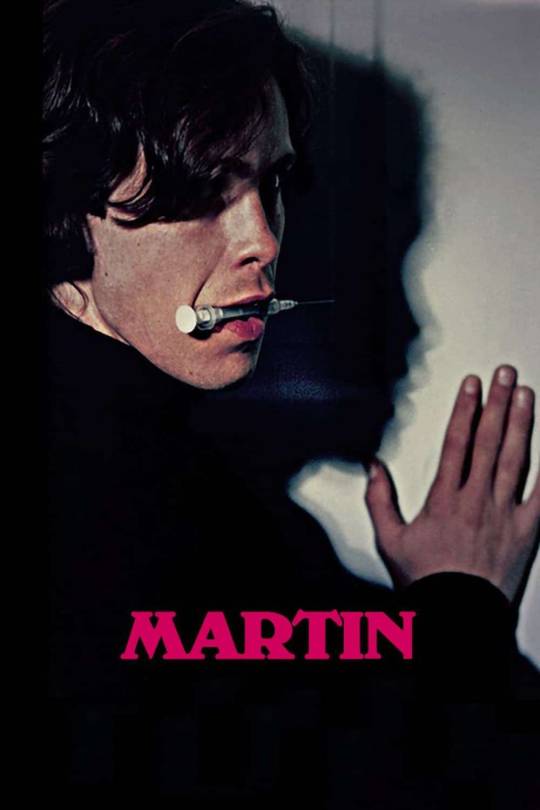
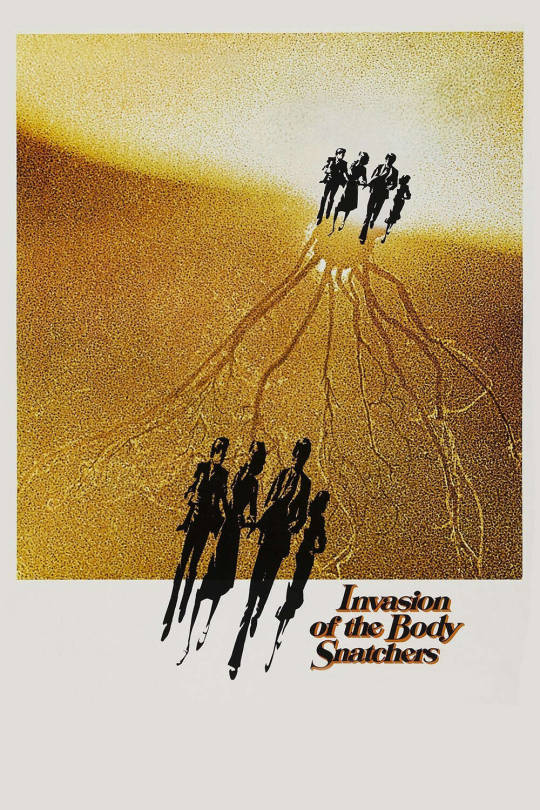
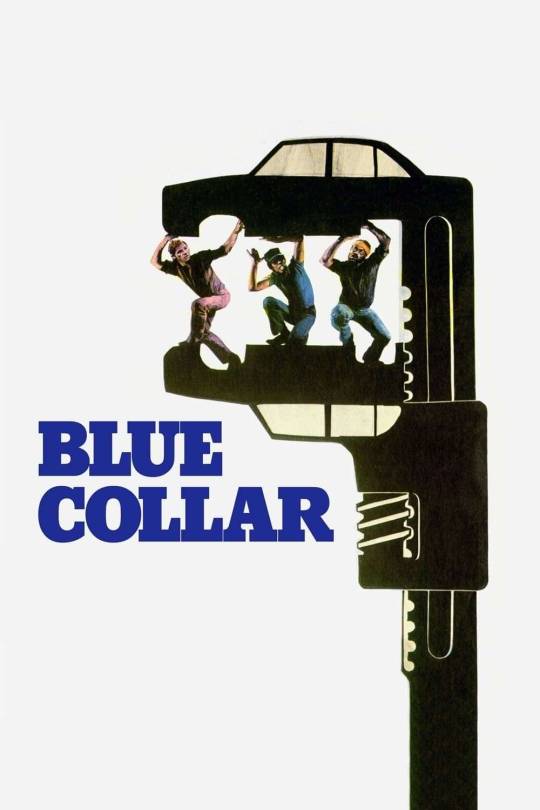
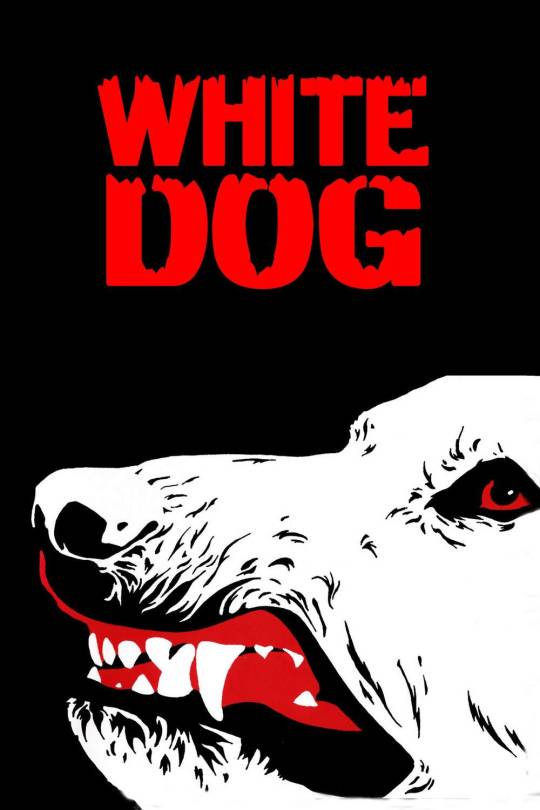
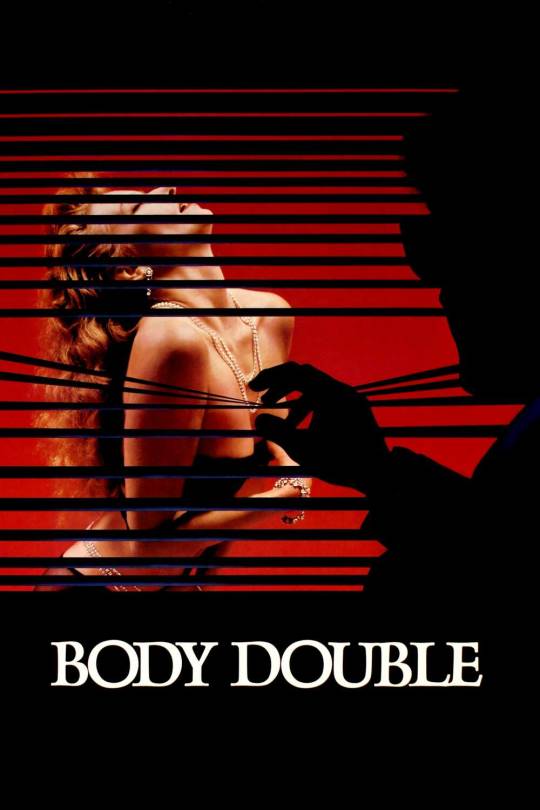
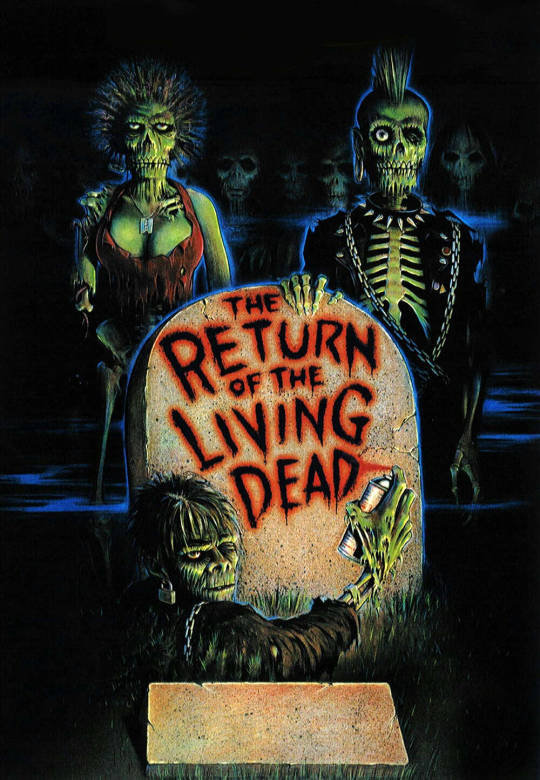
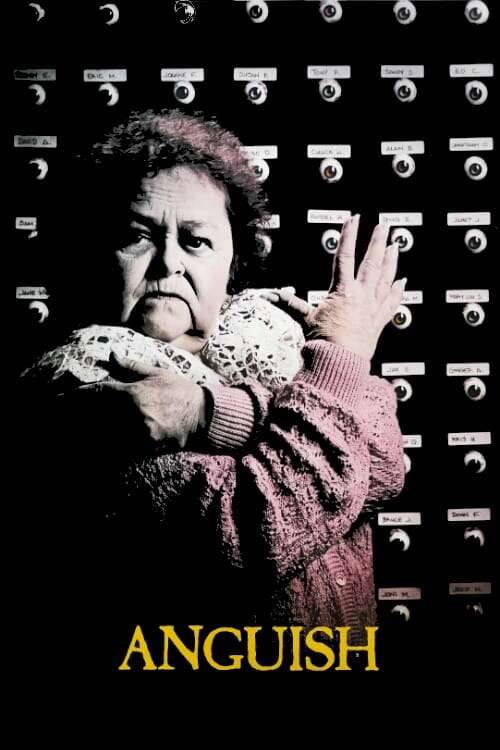
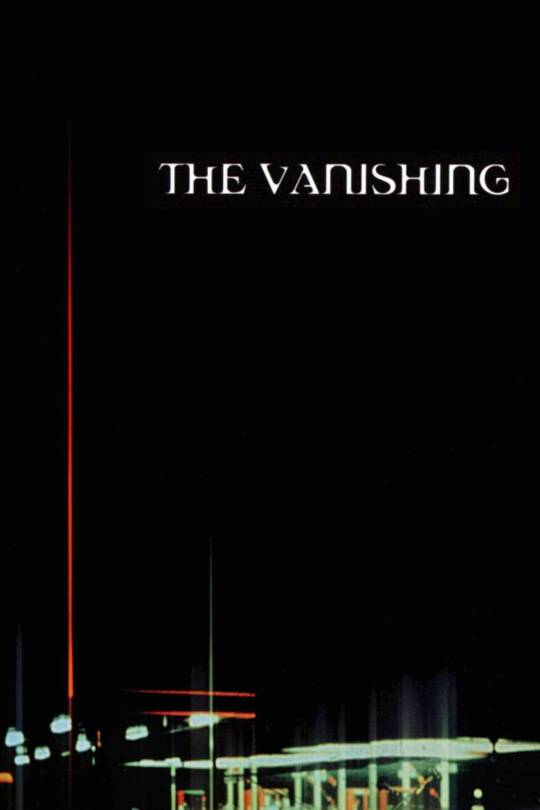
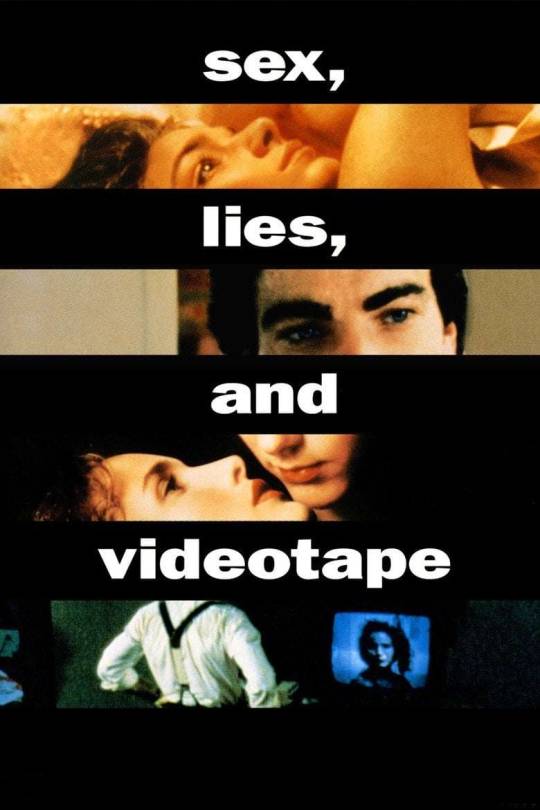
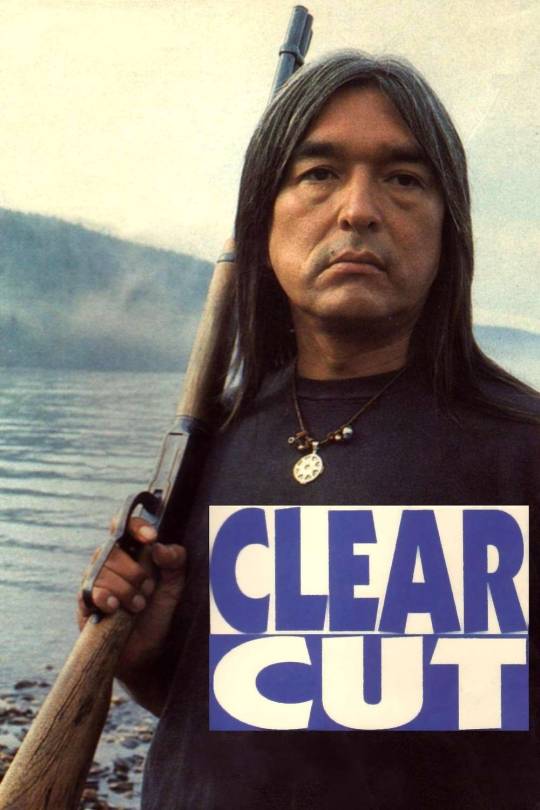
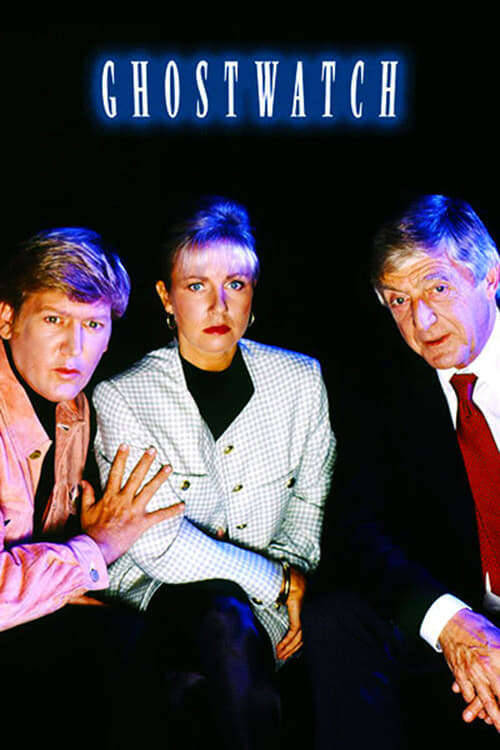
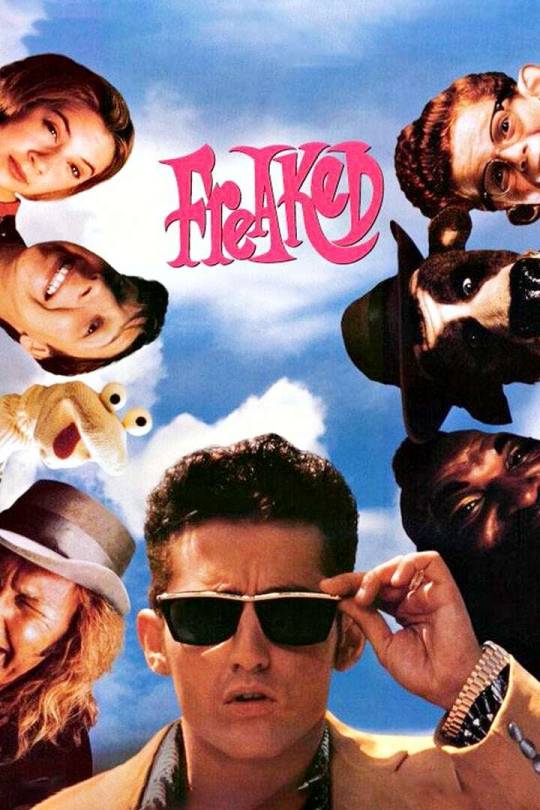
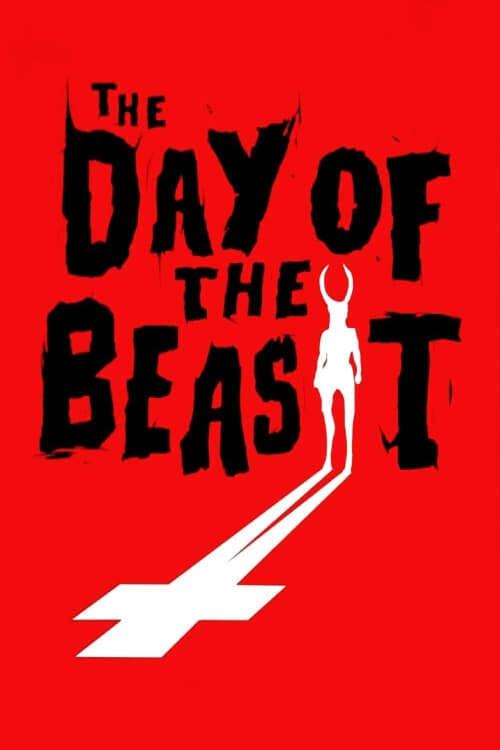
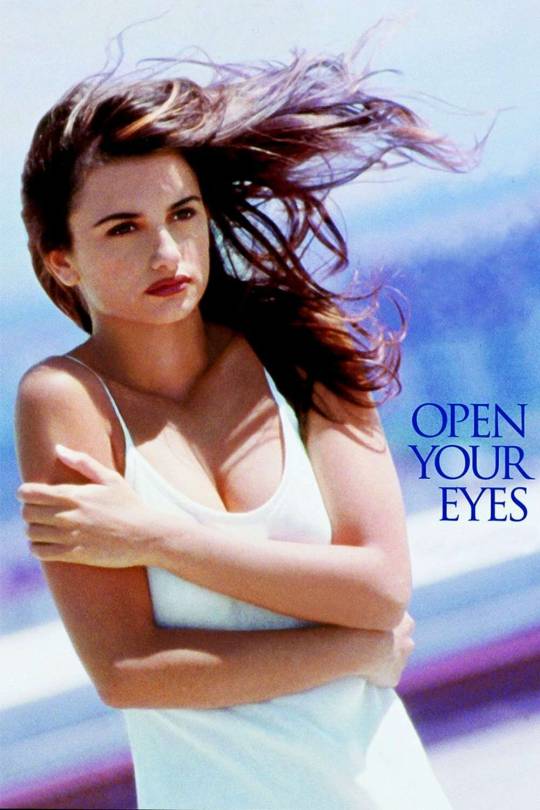
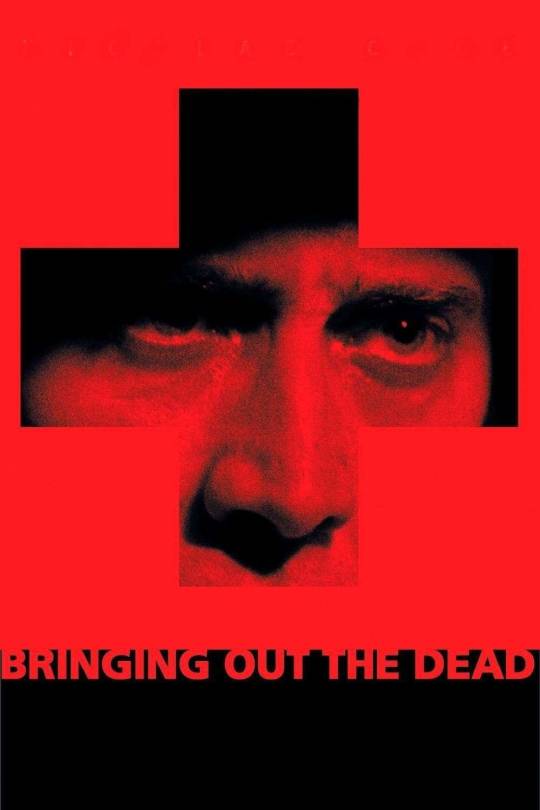
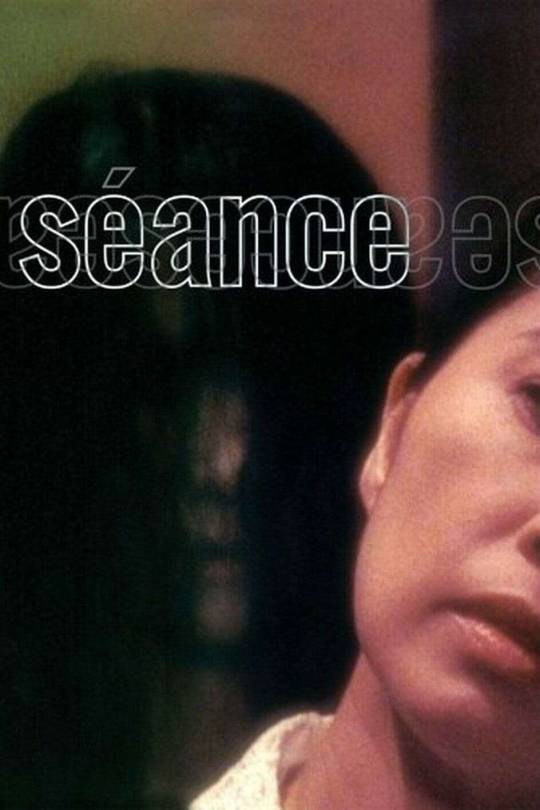
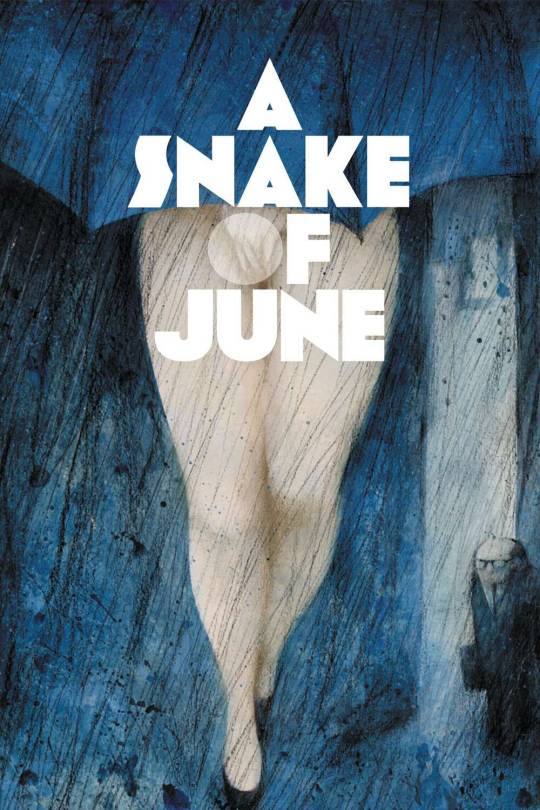
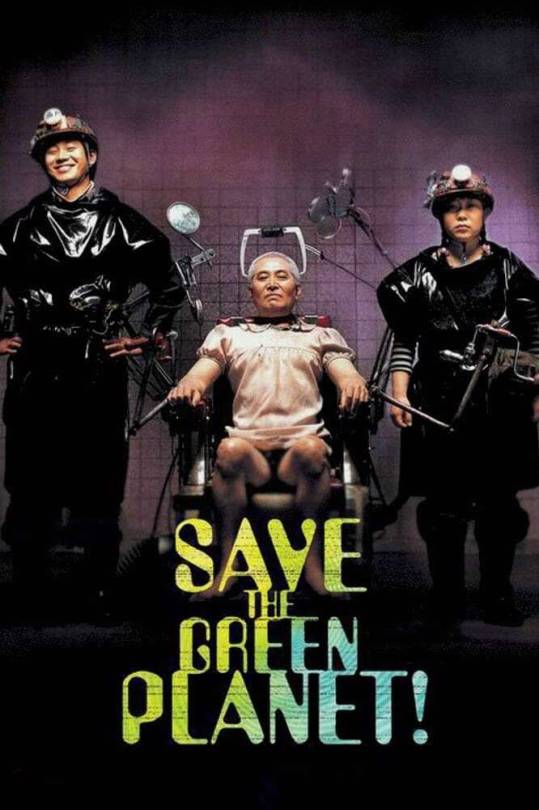
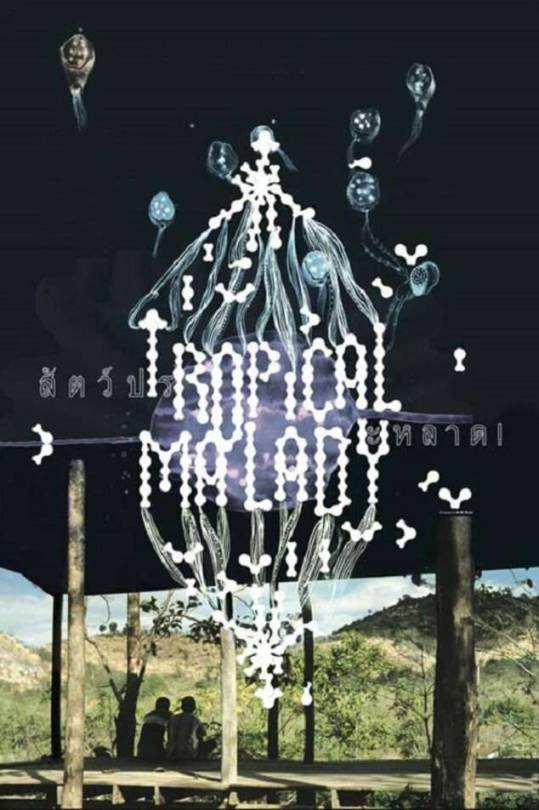
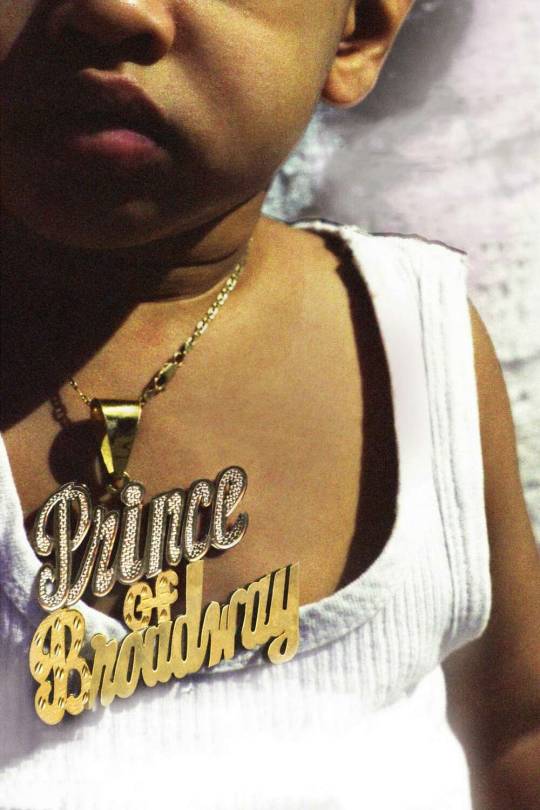
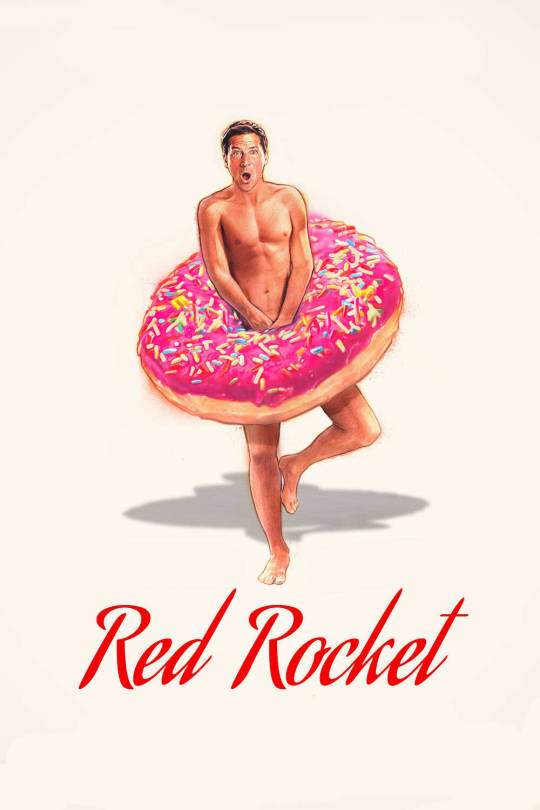
a list of my Favorite New-To-Me films I've watched over the past month! thank you @sleepythug for the suggestion!
Seconds (1966) Dir. John Frankenheimer Targets (1968) Dir. Peter Bogdanovich Night of the Living Dead (1968) Dir. George A. Romero Third Part of the Night (1971) Dir. Andrzej Żuławski The Devil (1972) Dir. Andrzej Żuławski Phantom of the Paradise (1974) Dir. Brian De Palma Martin (1977) Dir. George A. Romero Invasion of the Body Snatchers (1978) Dir. Philip Kaufman Blue Collar (1978) Dir. Paul Schrader White Dog (1982) Dir. Samuel Fuller Body Double (1984) Dir. Brian De Palma The Return of the Living Dead (1985) Dir. Dan O'Bannon Anguish (1987) Dir. Bigas Luna The Vanishing (1988) Dir. George Sluizer sex, lies, and videotape (1989) Dir. Steven Soderbergh Clearcut (1991) Dir. Ryszard Bugajski Ghostwatch (1992) Dir. Lesley Manning Freaked (1993) Dir. Alex Winter, Tom Stern The Day of the Beast (1995) Dir. Álex de la Iglesia Open Your Eyes (1997) Dir. Alejandro Amenábar Bringing Out The Dead (1999) Dir. Martin Scorsese Séance (2000) Dir. Kiyoshi Kurosawa A Snake of June (2002) Dir. Shinya Tsukamoto Save the Green Planet! (2003) Dir. Jang Joon-hwan Tropical Malady (2004) Dir. Apichatpong Weerasethakul Prince of Broadway (2008) Dir. Sean Baker Red Rocket (2021) Dir. Sean Baker
Honorable Mentions Irma Vep (1996) Dir. Olivier Assayas Freeway (1996) Dir. Matthew Bright Utsushimi (2000) Dir. Sion Sono Take Out (2004) Dir. Sean Baker Krisha (2015) Dir. Trey Edward Shultz The Childhood of a Leader (2015) Dir. Brady Corbet Everybody Wants Some!! (2016) Dir. Richard Linklater Beats (2019) Dir. Brian Welsg Rebel Ridge (2024) Dir. Jeremy Saulnier
139 notes
·
View notes
Note
new to f1 - can i ask for some team history? have red bull always been so dominant? how often do the cycles change??
yes yes ok So who’s dominant depends on a lot of things, drivers yea but mostly the car and who can make the regulations work for them. you can be the best driver but if you’re in a shit box you’re Fucked.
so presently red bull is dominating, max won in 2021 but they properly started dominating in 2022. this was cause of the big change in regulations mostly.
they change the regulations all the time but big changes are every few years for a variety of things: driver safety sometimes, making the cars have a lesser environmental impact, making things just plain more interesting, putting people on a level playing field etc etc. the last batch of regulations that caused mercedes fall from grace was i believe the cost cap. previously you could spend whatever the hell you wanted on the car and everything else. and Now there is a cost cap. this was done to try and bring the teams all closer together because previously it was all the top four or so teams that had all the money and would win things and then the back marker teams were just there. i don’t remember offhand what the cost cap is but i do know you can’t spend more than that each year on Everything (including crash repairs i’m Pretty sure) which keeps things interesting. anyway that and the other changes that got implemented in 2021 (?) caused red bulls rise to dominance.
mercedes had been dominating before then and won the constructors (team championship) from 2014-2021 (max won the drivers in 2021) and lewis hamilton won in 14 and 15 and then 17-20. nico rosberg won in 2016 (lewis’s teammate. he then retired after his first win. no one has ever done it like him and no one ever will again but we do Not have time for that). mercedes i believe only became a team in 2010 (?) they had been on the grid previously like Years ago but made a return in 2010 and had a few shit years before, surprise surprise, a regulation change went in their favor and they built a rocket ship.
prior to mercedes it was back at red bull. they won in 2010-2013 both constructors and drivers with sebastian vettel winning the drivers championships all 4 years. and i’m pretty sure it was another regulation change that caused them to rise to the top. red bull had been doing Okay prior to then but they i think only entered the grid in 2004(????) after buying the jaguar team
prior to 2010 there were several years where there wasn’t really multi year dominance by any one team.
jenson button won in 2009 with brawn (???) and that was a surprise to everyone especially the team and turns out they just so happened to build a good car that year.
lewis hamilton won at mclaren in 2008 at the end of a very very close season. i believe he won in the last race and it was a matter of a few points separating him and felipe massa at ferrari
2007 was won by kimi raikkonen at ferrari in yet another close season, lewis hamilton nearly won this season and it was his rookie season
then we had two years of fernando alonso at i think it was renault (which is now alpine) in 2005 and 2006.
prior to that was the real era of dominance from 2000-2004 with michael schumacher at ferrari
prior to that i’m not really sure of the teams and i’m in a car and not fact checking Any of this so i could be totally wrong about what i’m saying lol. but there were several years of williams dominance in the 90s and mclaren again had another few years i Think.
anyway. to answer your question. yes there are eras of dominance but it is far more interesting when it’s not because then multiple people are winning the races. like this season is the first time since 2021 there’s a proper title fight (at least for the constructors) since 2021 and we’ve had something like 7 i think different race winners, which hasn’t happened in A While
i hope this was helpful? if not feel free to ask me more questions
87 notes
·
View notes
Note
Hi so uhhhh, not actually making any sort of relevant point about anything but I saw you guesstimating Jason's kill count and I have to justify the fact that I went panel by panel to hand count his kills SOMEHOW so like have the data please!!
Skipping dear Filipe's moldering corpse due to uncertainty, we start with Lost Days
Human Trafficking Truck Driver Ian, Egon, Steel Beam mercenary crew estimated at least five strong, three more of his teachers, eleven nameless russian mobsters, a cousin and a running buddy of a russian mobster: 23 people
Under the Red Hood
Eight heads in a duffel bag, four thugs with Freeze (Freezy boy does not die), Two confirmed on panel delivery man kills (Five-ten more suspected but we won't count em), Ten goons in the doorway when he swings the minigun on them as he and Onyx retreat, five more goons, Rocket launcher blast kills "most" of a security team with at least three members left alive so we'll call that three kills (far more deaths are implied), shoots a guy holding a lit molotov catching him on fire, then kills Captain Nazi (yay), forces Black Mask to kill six of his men, forces Some Guy to fight Black Mask to the death for him, and finally dear old Black Mask's PA is thrown through a window (his cycling class will miss him dearly): 42 people
(So, yeah, your ballpark of about a hundred give or take sounds about right, he's only got ~65 on panel, confirmed notches on his knife by the end of UtRH, and the implications seem to imply between 20 and 75 kills off screen)
That Time He Kidnapped Mia
Short and sweet, he only ices a pack of "brain donors": 5 people
Brothers in Blood
Two human traffickers, three more drug runner goons, two more goons later on: 7 people
Red Haired Foolishness Phase part one
Starting the running with two cops, lightning bug assassin, six mobstery big wigs, a guy, Flamingo: 11 people
Red Haired Foolishness Phase part two
Littleman Beaver's brother and his brother's fourteen goons, fifteen of his fellow inmates, then the grand poisoning of eighty-two people (well he poisoned more but we only get eighty-two confirmed as dead): 112 people
This is not even slightly a complete list, so consider this final number a lowball of:
Two Hundred people even!
as Jason's body count... at least pre-new52, don't ask me what's going on over there in modern canon, idk
Hope this was entertaining/useful to you in some way!
Best wishes -redhoodinternaldialectical
This is an amazing reference, thank you so much for sharing!!
I can fill most of the later stuff, because there's tragically little of it.
Nu52's attempt at giving Jason a concrete kill count was laughably low;

Red Hood and the Outlaws (2011) #21
Rebirth was mostly non-lethal, with the notable exception of the gang Jason uses to establish his new edgy loner lifestyle after the famous rhato 25 beatdown from Bruce.
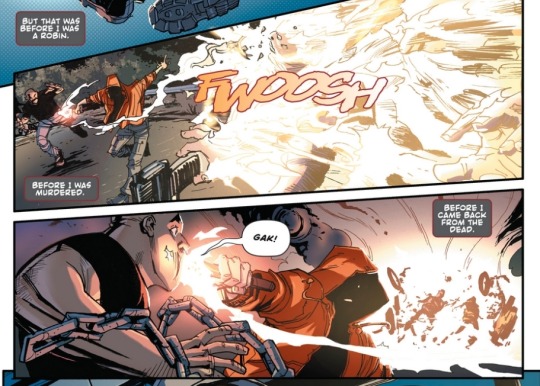
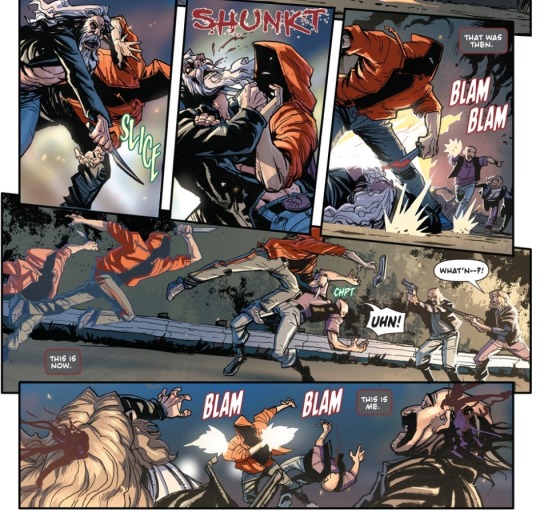
RHATOs (2016) #26
I count 11 of them, and I think it's safe to say they're all dead.
But then he teams up with Batwoman, and then Bunker, and then becomes a teacher at Lex Luthor's school for potential supervillains so it sort of tapers off again.
And then... there's the piece of shit dad he killed in Cheer in 2021.
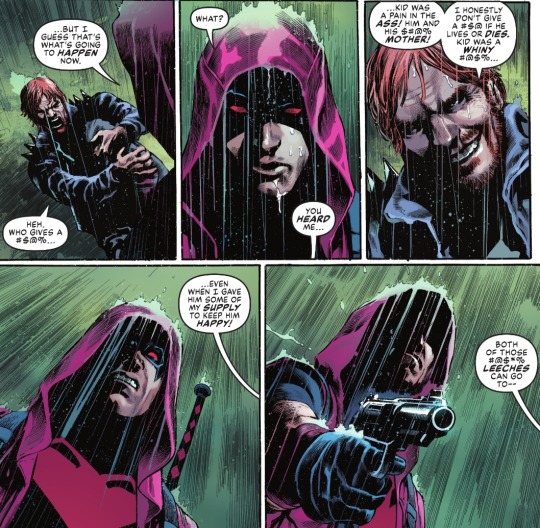
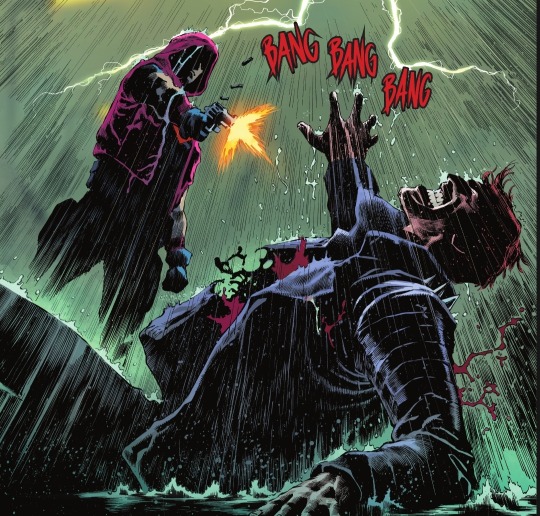
Batman: Urban Legends (2021) #1
As far as I'm aware, that's the last time he killed in main continuity.
When will my son return from the war
74 notes
·
View notes
Text




Sean Baker - Red Rocket (2021)
23 notes
·
View notes
Photo
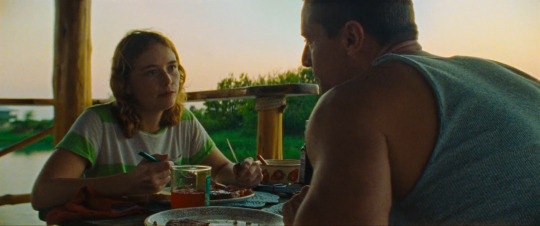







Red Rocket Sean Baker. 2021
Strawberry’s house 612 23rd St, San Leon, TX 77539, USA See in map
See in imdb
#sean baker#red rocket#suzanna son#simon rex#san leon#texas#united states#water tower#lake#movie#cinema#film#location#google maps#street view#2021
44 notes
·
View notes
Text
All the Films in Competition at Cannes, Ranked from Best to Worst
The twenty-two films that premièred in the 2024 festival’s main program offered much to savor and revile.
By Justin Chang May 26, 2024
The seventy-seventh annual Cannes Film Festival came to a startling and joyous conclusion on Saturday night, when the competition jury, chaired by Greta Gerwig, awarded the Palme d’Or, the festival’s highest honor, to “Anora,” a funny, harrowing, and finally quite moving portrait of a sex worker’s madcap New York misadventures. It was startling because the movie, though one of the best-received in the competition, had not been widely tipped for the top prize, which seldom goes to a U.S. film; with “Anora,” Sean Baker becomes the first American director to win the Palme since Terrence Malick did, for “The Tree of Life” (2011), thirteen years ago. And it was joyous not only because the award was bestowed on a worthy and remarkable film but because Baker used the occasion to deliver the best, most eloquent and impassioned acceptance speech I’ve ever heard a Palme winner give.
Reading from prepared remarks, Baker singled out two other filmmakers in the competition, Francis Ford Coppola and David Cronenberg, as among his personal heroes. He dedicated the award to sex workers everywhere, a fitting tribute from a filmmaker who has put their lives front and center, with drama, humor, and empathy, in movies like “Starlet” (2012), “Tangerine” (2015), and “Red Rocket” (2021). He tossed some exquisite shade in the direction of the “tech companies” behind the so-called streaming revolution—including, presumably, Netflix, which came away as one of the night’s big winners; its major acquisition of the festival, Jacques Audiard’s musical “Emilia Pérez,” won two prizes. And, in a moment that drew rapturous applause, Baker delivered a plea on behalf of theatrical films, declaring, “The future of cinema is where it started: in a movie theatre.”
I was fortunate to see all twenty-two films in the Cannes competition on the big screen, projected under superior conditions in houses packed with fellow movie lovers. It’s my hope that, when these movies are released in the U.S., as the great majority of them likely will be, you will seize the chance to see them on the big screen as well—even “Emilia Pérez,” which Netflix may not keep in theatres for long, but whose bold dramatic and stylistic risks have the best chance of winning you over if they have your undivided, wide-awake attention.
I have ranked the movies in order of preference, from best to worst. Here they are:
1. “Caught by the Tides”
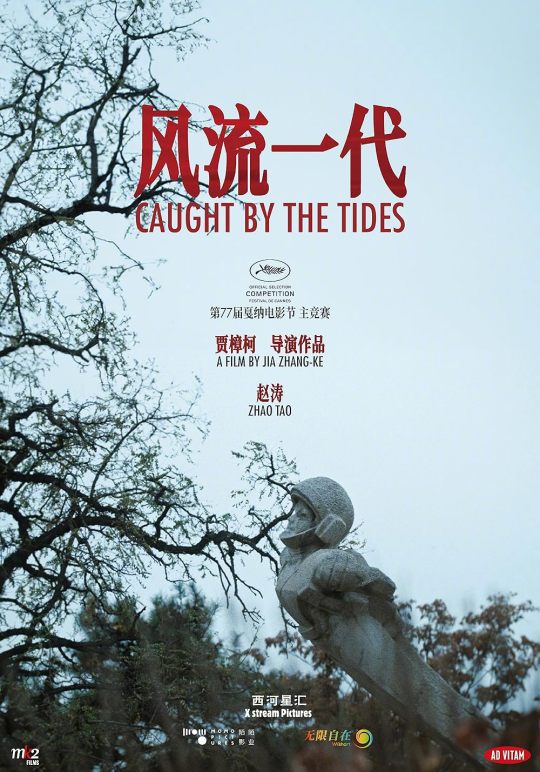
Jia Zhangke, a Cannes competition veteran, has long been the cinema’s preëminent chronicler of modern China (“Mountains May Depart,” “Ash Is Purest White”), mapping its social, cultural, and geographical complexities with great formal acumen, and also with the longtime collaboration of his wife, the superb actress Zhao Tao. Jia’s latest work, drawing on an archive of footage shot in the course of roughly two decades, unfurls a story in fragments, about a woman (Zhao) and a man (Li Zhubin) who fall in love, bitterly separate, and have a melancholy reunion years later. It’s an achievement by turns fleeting and monumental: a series of interlocking time capsules, a wrenching feat of self-reflection, and a stealth musical, in which Zhao dances and dances, standing in for millions who have learned to sway and bend to history’s tumultuous beat.
2. “All We Imagine as Light”
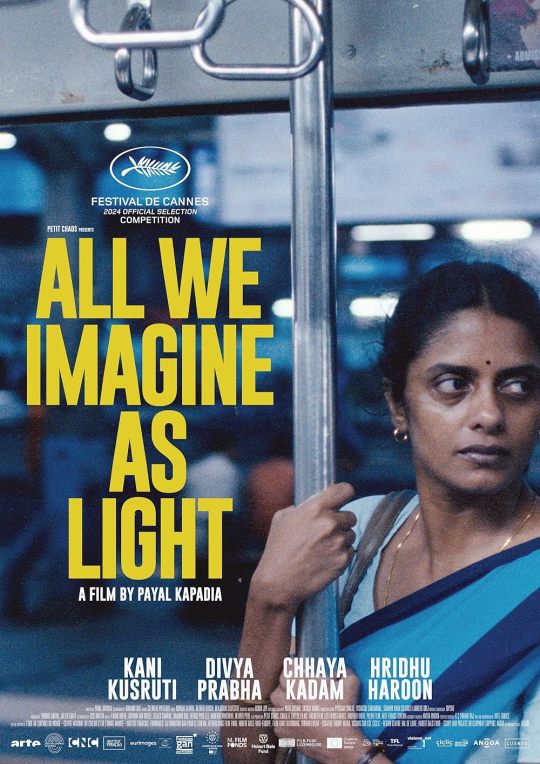
As the first Indian feature invited to compete at Cannes in nearly three decades, Payal Kapadia’s narrative début (after her 2021 documentary, “A Night of Knowing Nothing”) would be notable enough; that the movie is so delicately felt and sensuously textured is cause for outright celebration. Winner of the festival’s Grand Prix, or second place, it tells the story of two roommates, Prabha (Kani Kusruti) and Anu (Divya Prabha), who work as nurses at a Mumbai hospital. It teases out their personal circumstances—Prabha’s estrangement from her unseen husband, Anu’s frowned-upon romance with a young Muslim man (Hridhu Haroon)—with a quiet truthfulness that, like the glittering lights of the city, lingers expansively in the memory. (A forthcoming Sideshow/Janus Films release.)
3. “Grand Tour”
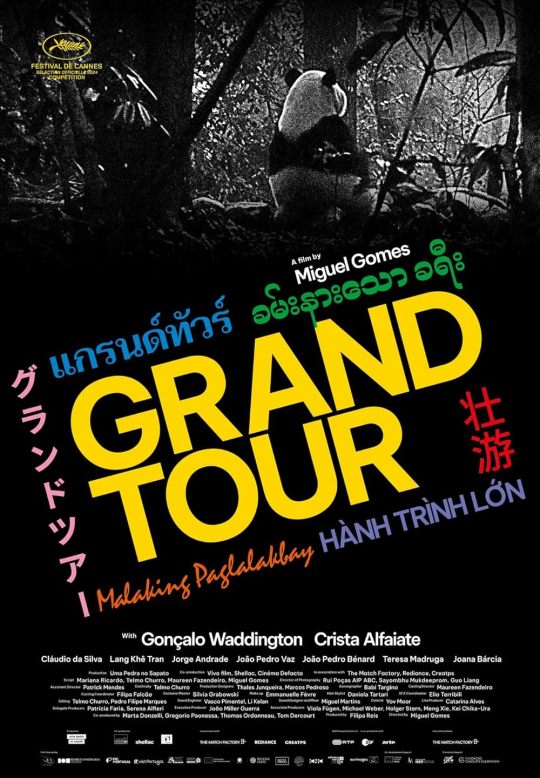
The Portuguese director Miguel Gomes (“Tabu,” “Arabian Nights”) delivered some of the most virtuosic filmmaking in the competition—as the jury recognized by giving him the Best Director prize—with this characteristically yet extraordinarily playful colonial-era travelogue. Shifting between color and black-and-white, set in 1917 but full of fourth-wall-breaking anachronisms, the movie tells a story of sorts about a roving British diplomat (Gonçalo Waddington) and a fiancée (Crista Alfaiate) he’s in no hurry to marry. But its true fascination lies in the humid atmosphere and wanderlust-inspiring splendor of its East and Southeast Asian locations, ranging from Singapore and Bangkok to Shanghai and Rangoon. It’s a movie to get lost in.
4. “The Seed of the Sacred Fig”
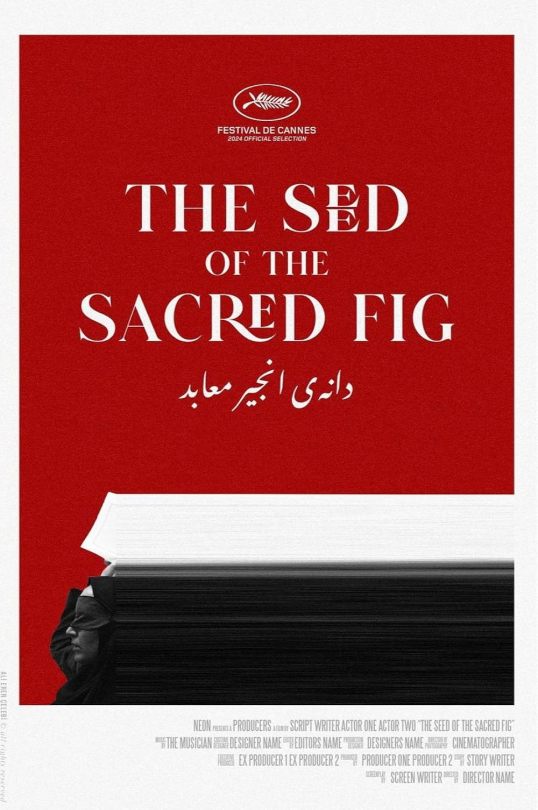
It’s impossible to absorb this blistering domestic drama without thinking of its dissident director, Mohammad Rasoulof, who recently fled Iran after being sentenced to prison and a flogging. (His appearance at his film’s première made for one of the most emotional moments in recent Cannes memory.) Shot entirely in secret, the story follows a Tehran-based husband (Missagh Zareh) and wife (Soheila Golestani) who are increasingly at war with their progressive-minded young-adult daughters (Mahsa Rostami, Setareh Maleki) during nationwide political protests led by women. The result is a thriller of propulsive skill and blunt emotional force, marrying the muscularity of an action film to the psychological intensity of a chamber drama. (A forthcoming Neon release.)
5. “Anora”
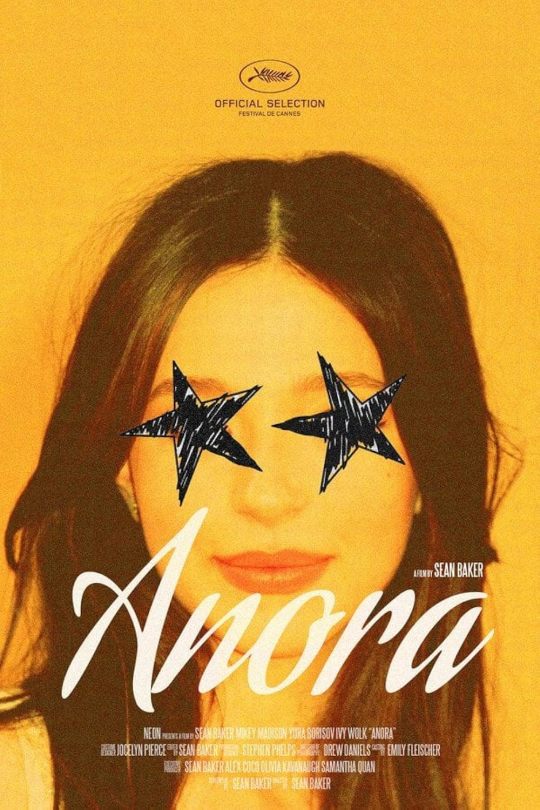
The director Sean Baker is near the height of his storytelling powers with this dazzling (and now Palme d’Or-winning) portrait of a Manhattan strip-club dancer (a revelatory Mikey Madison) who impulsively marries the ultra-spoiled son (Mark Eydelshteyn) of a Russian oligarch. Much comic chaos ensues, some of it pushed past the brink of plausibility, but Baker’s multifaceted love for his characters proves infectious and sustaining, as does his belief that acts of unexpected kindness can redeem even the darkest nights of the soul. (A forthcoming Neon release.)
6. “The Shrouds”
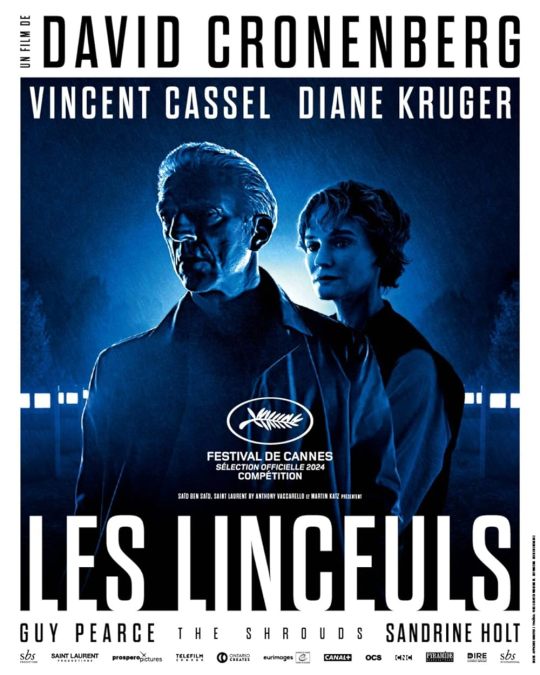
Early on in this elegantly sombre yet mordantly funny new movie, which stars Vincent Cassel, Diane Kruger, and Guy Pearce, the director David Cronenberg, a master of cerebral horror, unveils his latest invention: a technologically advanced burial shroud that allows people to watch a loved one’s body decomposing in the grave. So begins a drolly fluid inspection of classic Cronenberg themes—the deterioration of the flesh, the instability of the image, the paranoia-inducing incursions of technology into every aspect of life—but imbued with a nakedly personal dimension that the director has noted in interviews; the story was inspired by his wife’s death, in 2017, from cancer.
7. “Megalopolis”
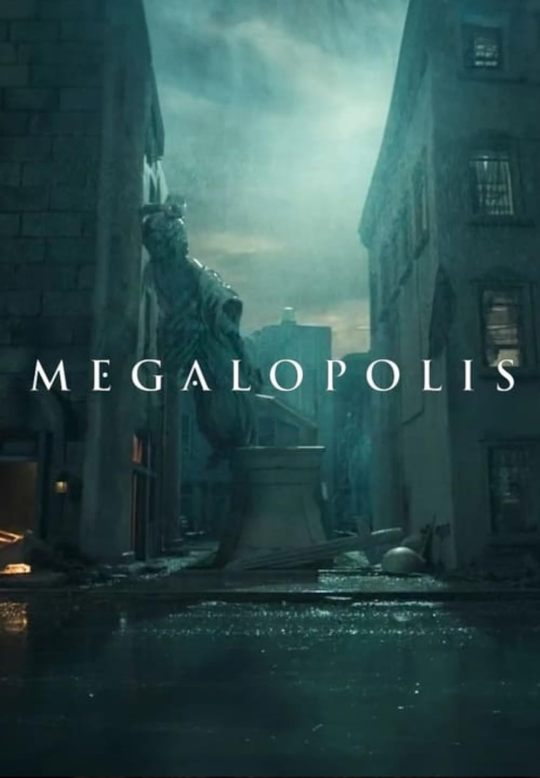
In this legendarily long-gestating passion project, which I’ve written about at length, Francis Ford Coppola posits that our fragile, battered civilization is headed the way of the Roman Empire. The grimness of that prospect is unsurprising from a director accustomed to peering deep into the heart of American darkness (the “Godfather” movies, “The Conversation,” “Apocalypse Now”). For all that, the filmmaking here glows with a particularly hard-won optimism, even a welcome sense of play—borne out by an ensemble of actors, including Adam Driver, Giancarlo Esposito, and especially Aubrey Plaza, who fully embrace Coppola’s rhetorical and conceptual flights of fancy.
8. “The Substance”
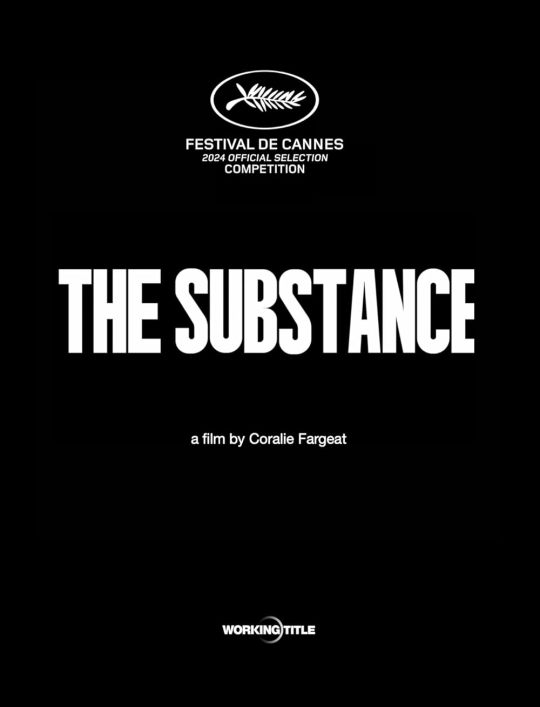
Sympathetic or sadistic? Feminist or misogynist? Coralie Fargeat’s body-horror bonanza, which won the festival’s award for Best Screenplay, has been one of the competition’s more polarizing hits, which is unsurprising; divisiveness should be expected from a story about an aging actress and TV fitness guru who, desperate to regain her youthful bod of yesteryear, effectively splits herself in two. Whether the outlandish premise (think “The Picture of Dorian Gray” by way of “Death Becomes Her”) and its blood-gushing fallout withstand intellectual scrutiny, there’s no doubting the ferocity of the two leads, Demi Moore and Margaret Qualley, or Fargeat’s sheer filmmaking verve as she pushes her ideas to their sanguinary conclusions.
9. “Motel Destino”
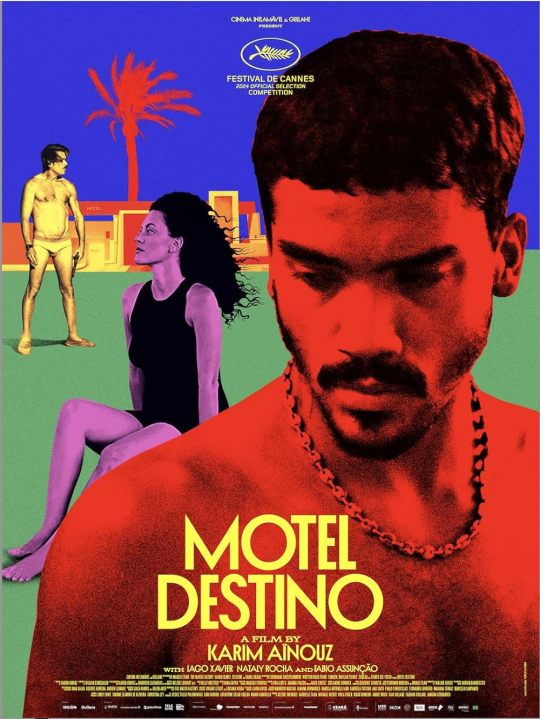
Just a year after the Brazilian director Karim Aïnouz appeared in competition with a surprisingly stiff-corseted English period drama, “Firebrand,” it was bracing to watch him rebound with the competition’s most sexually uninhibited and flagrantly horny title; corsets don’t apply here, and even underwear proves blissfully optional. Set at a seedy roadside motel where the clientele never stops moaning, it’s a feverishly shambling erotic thriller starring three very game actors (Iago Xavier, Nataly Rocha, and Fábio Assunção) in a romantic triangle that plays like James M. Cain with sex toys—“The Postman Always Cock Rings Twice,” as it were.
10. “Emilia Pérez”

A trans-empowerment musical set against the backdrop of Mexico’s drug cartels might sound like a dubious proposition on paper, and, for the many detractors of this genre-melding big swing from the French director Jacques Audiard (“A Prophet,” “The Sisters Brothers”), what actually made it onto the screen was no better. But I was disarmed from the start by Audiard’s quasi-Almodóvarian vibes, his touchingly imperfect embrace of song-and-dance stylization, and, most of all, his three leads: the remarkable discovery Karla Sofía Gascón, a scene-stealing Selena Gomez, and a never-better Zoe Saldaña. All three (along with Adriana Paz) were recognized with the festival’s Best Actress prize, awarded collectively to the movie’s ensemble of actresses; Audiard also won the Jury Prize. (A forthcoming Netflix release.)
11. “Oh, Canada”
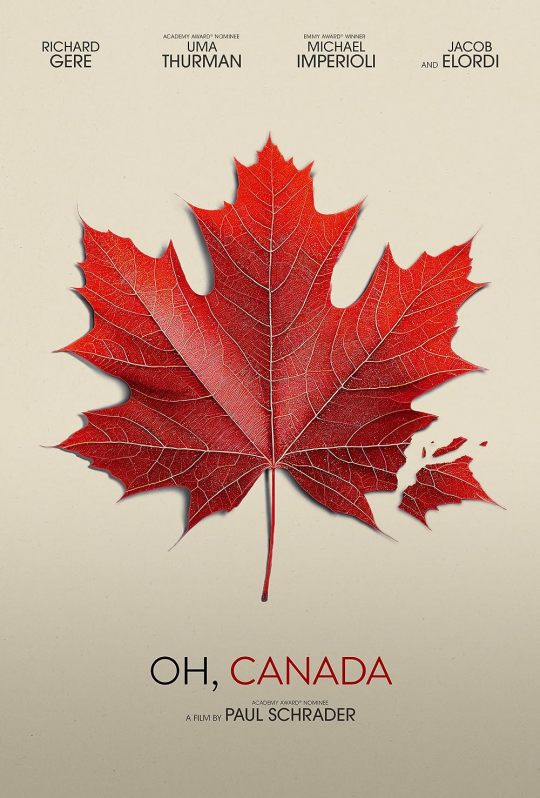
After a tense trilogy of dramas about male redemption through violence (“First Reformed,” “The Card Counter,” “Master Gardener”), the writer and director Paul Schrader has taken a gentler turn with an adaptation of “Foregone,” a 2021 novel by the late Russell Banks. (It’s his second Banks adaptation, after the 1997 drama “Affliction.”) In exploring the fragmented consciousness of an aging documentary filmmaker (played at different ages by Richard Gere and Jacob Elordi), Schrader bravely forsakes the narrative fastidiousness of his recent work and takes on grand themes of memory, mortality, and artistic self-reckoning, to formally ragged but sincerely moving effect.
12. “The Girl with the Needle”
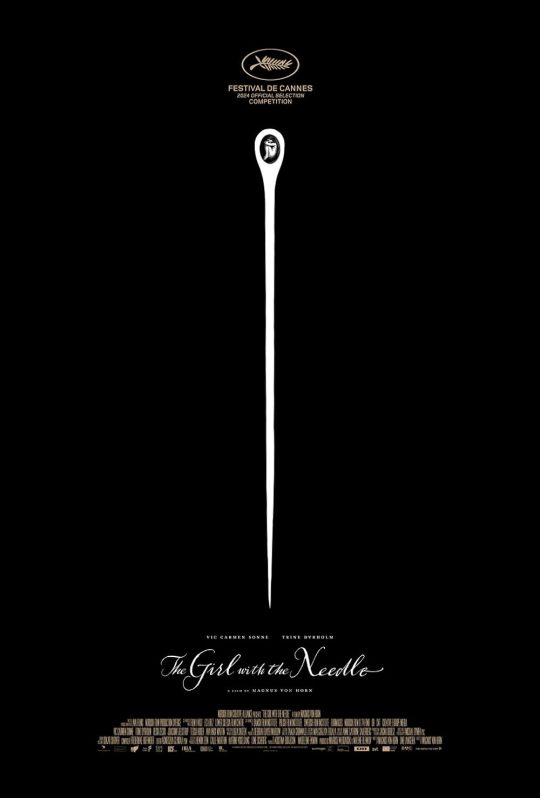
This stark and terrifying black-and-white drama from the Swedish-born, Polish-based director Magnus von Horn (“Sweat”) was perhaps the competition’s bleakest entry. Set in Copenhagen immediately after the First World War, it pins us so mercilessly to the hard-bitten perspective of Karoline (an excellent Vic Carmen Sonne), a factory seamstress who becomes pregnant out of wedlock, that we scarcely notice her story shifting in a different, more sinister direction. It’s a bitterly hard-to-stomach brew of a movie, at once hideous and beautifully made, with a chilling supporting turn by Trine Dyrholm as a friend whose interventions turn out to be anything but benign.
13. “Three Kilometres to the End of the World”
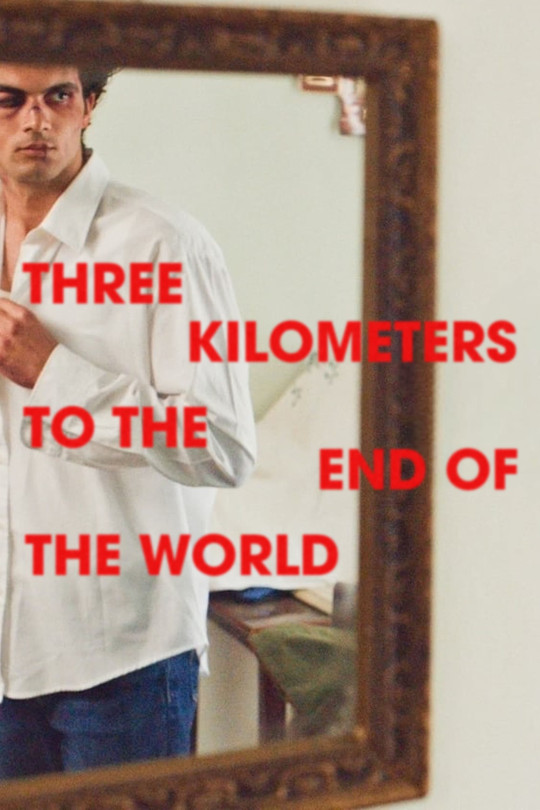
The setting of this well-observed but emotionally opaque drama, from the Romanian actor turned director Emanuel Pârvu, is a small rural village where a closeted teen-age boy, Adi (Ciprian Chiujdea), is brutally beaten after being caught in an intimate moment with a male traveller. Pârvu teases out the legal, psychological, and moral fallout with the pitch-perfect performances and laserlike formal focus that have become hallmarks of new Romanian cinema. But, though the movie is persuasive enough as an indictment of small-town religious fundamentalism and homophobia, it proves curiously incurious about Adi’s perspective, to the detriment of its own human pulse.
14. “Kinds of Kindness”
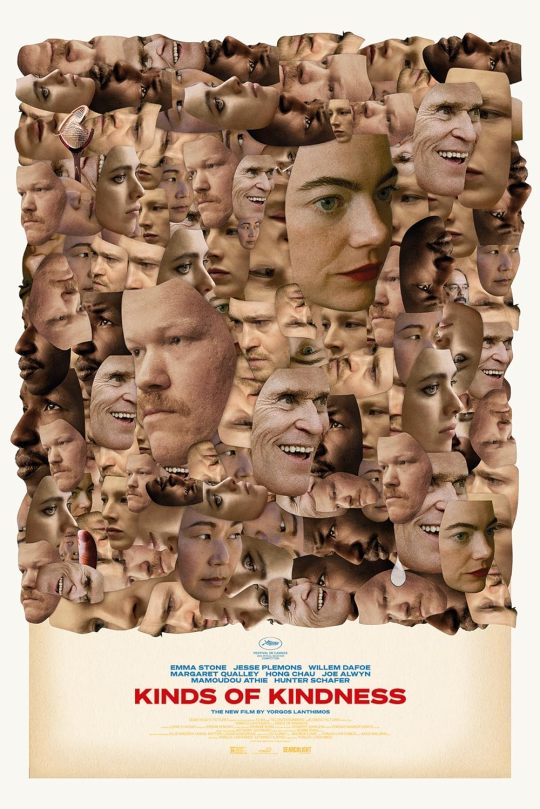
After his Oscar-winning period romps “The Favourite” (2018) and “Poor Things” (2023), the Greek director Yorgos Lanthimos scales back—but goes long—with a sprawling, increasingly tedious compendium of comic cruelty. My favorite of the film’s three disconnected stories, all featuring the same actors, is the one where Jesse Plemons (the ensemble M.V.P., as the jury recognized with its Best Actor award) plays Willem Dafoe’s Manchurian candidate; my least favorite is the one where Emma Stone joins a sweat-worshipping sex cult. The one where Stone slices off her finger and cooks it for Plemons falls—much like the movie in Lanthimos’s over-all œuvre—somewhere in the middle. (A Searchlight Pictures release, opening June 21st in theatres.)
15. “Bird”
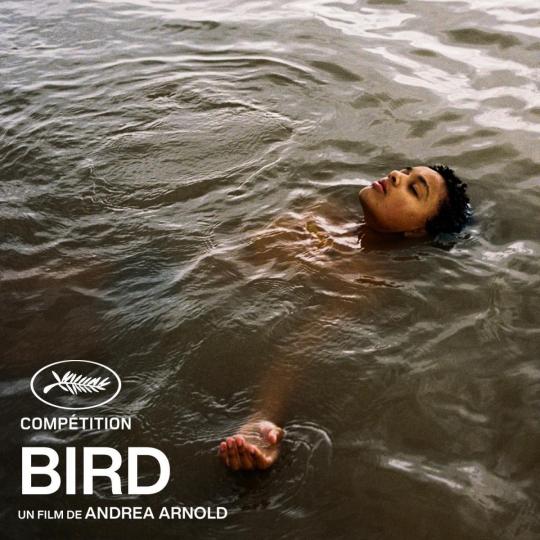
My admiration for the English filmmaker Andrea Arnold (“American Honey”) is such that I’m eager to revisit her latest rough-and-tumble coming-of-age story and find that I undervalued it. Arnold is certainly skilled at integrating recognizable actors, which in this case includes Barry Keoghan and Franz Rogowski, into her grottily realist frames, and she has an appealing lead performer in Nykiya Adams, as a twelve-year-old girl who overcomes persistent abuse and neglect. But the story may lose you—as it lost me—with a magical-realist turn that magnifies, rather than minimizes, the tortured-animal symbolism that has often dogged Arnold’s work.
16. “Beating Hearts”
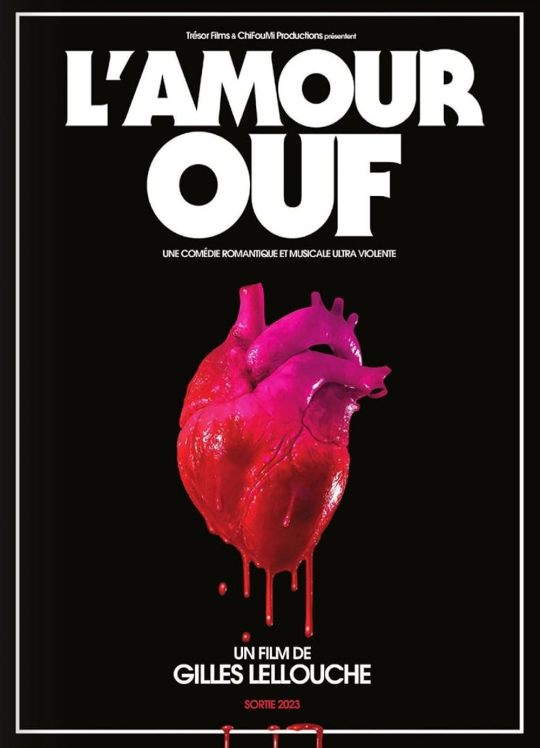
An exchange of insults at a high-school bus stop provides a saucy meet-cute for a good girl (Mallory Wanecque) and a ne’er-do-well boy (Malik Frikah); so begins a raucous and endearing love story for the ages, in which the director Gilles Lellouche, with outsized glee and little discipline, merrily appropriates the conventions of classic Hollywood musicals and gangster flicks. The result is much too long at nearly three hours—the story spans several years, with Adèle Exarchopoulos and François Civil playing older versions of the two leads—but I can’t say I didn’t warm to its rambunctious cornball charm.
17. “Limonov: The Ballad”
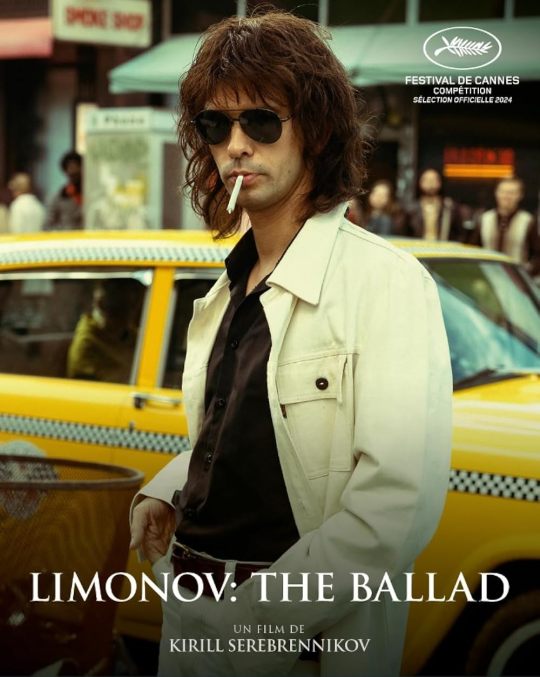
Why make a film about Eduard Limonov, the globe-trotting Russian dissident poet and punk provocateur reviled for his pro-fascist sympathies? The filmmaker Kirill Serebrennikov never musters a satisfying answer in this muddled English-language bio-pic, despite an energetically uninhibited central performance by Ben Whishaw and a cheeky panoply of filmmaking techniques—jittery camerawork, lengthy tracking shots—meant to catch us up in the épater-la-bourgeoisie exuberance of Limonov’s revolt. Considering his earlier work, I prefer the rebel-youth vibes of “Leto” (2018) and the dazzling cinematic assaults of “Petrov’s Flu” (2021), both of which also screened in competition here.
18. “Parthenope”
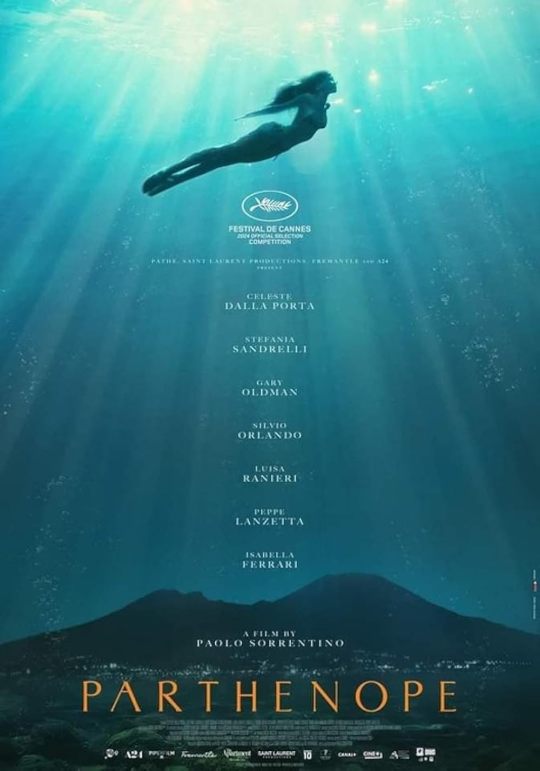
Nearly every new picture from the Italian auteur Paolo Sorrentino could be reasonably called “The Great Beauty,” the title of his gorgeous 2013 cinematic tour of Rome. (It left that year’s Cannes empty-handed, but won the Oscar for Best Foreign Language Film.) His latest work remains most intriguing for its ambivalent but still sensually overpowering vision of the director’s home town, Naples, from which springs a modern-day goddess, named after Parthenope, a Siren from Greek mythology. She’s played by Celeste Dalla Porta, a great beauty indeed and an empathetic screen presence, though only fitfully does her character seem worthy of this movie’s epic enshrinement.
19. “Wild Diamond”
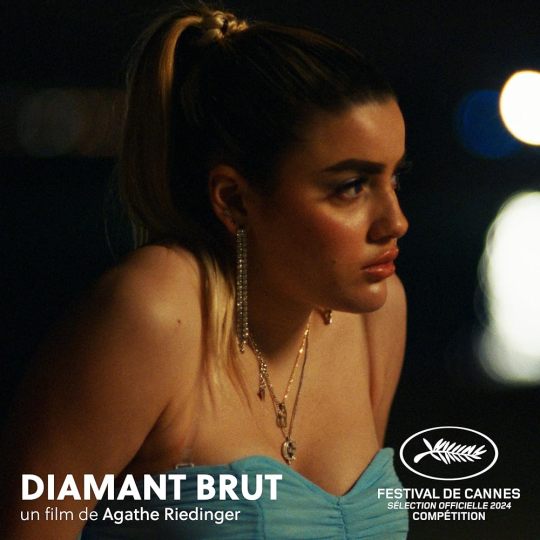
Another disquisition on beauty and its discontents, this time from the débuting French writer and director Agathe Riedinger. She hurls us the life and busy social-media feed of a nineteen-year-old, Liane (a terrific Malou Khebizi), who has nipped, tucked, and tailored every part of herself to realize her dream of being selected for a hot new reality-TV series. Part influencer-culture cautionary tale, part bad-girl Cinderella story, the movie glancingly suggests the soul-rotting effects of beauty worship, but it falls victim to the trap that Liane is trying to avoid: in a sea of worthy candidates, it doesn’t especially stand out.
20. “The Apprentice”
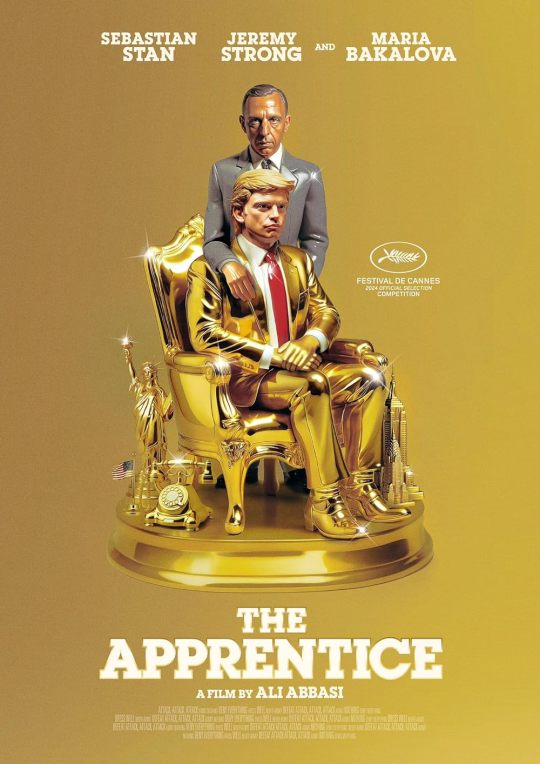
Donald Trump’s attorneys have threatened legal action to block the release of this drama about his early rise to fame and wealth under the mentorship of the attorney Roy Cohn (Jeremy Strong). It speaks to the useless proficiency of Ali Abbasi’s movie that the prospect of such censorship provokes more indifference than outrage. Shot to evoke cruddy nineteen-eighties VHS playback, the movie is well acted by Strong, Maria Bakalova as Ivana Trump, and an increasingly makeup-buried Sebastian Stan as Trump himself, depicted from the start as a sack of shit that gets progressively shittier. It’s not dismissible, but it’s hardly the stuff of revelation, either.
21. “Marcello Mio”
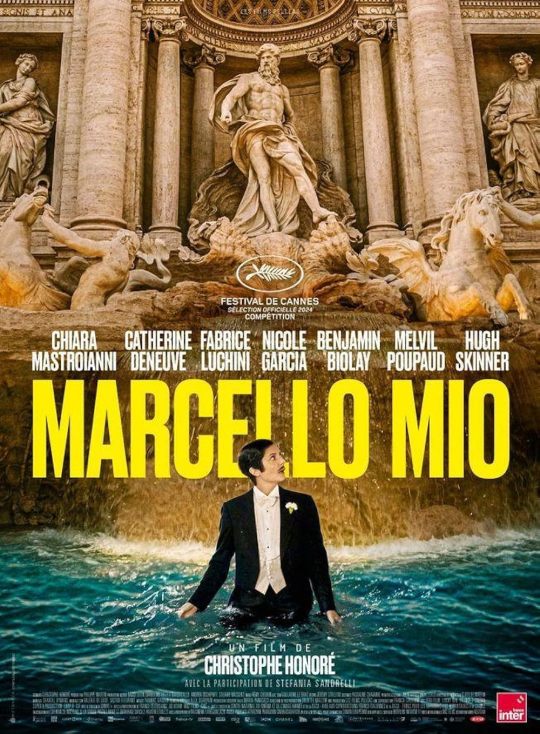
In this trifling meta-comedy from the French filmmaker Christophe Honoré (previously in the 2018 Cannes competition with the lovely “Sorry Angel”), the actress Chiara Mastroianni embarks on a strainedly whimsical personal odyssey to examine the legacy of her late father, the legendary Italian actor Marcello Mastroianni, and her own conflicted place therein. To that end, she spends much of this overstretched movie in “8½” and “La Dolce Vita” black-suited drag as she navigates a roundelay of industry in-jokes; among the French cinema luminaries making appearances are Fabrice Luchini, Nicole Garcia, and, most welcome, Chiara’s mother, Catherine Deneuve.
22. “The Most Precious of Cargoes”
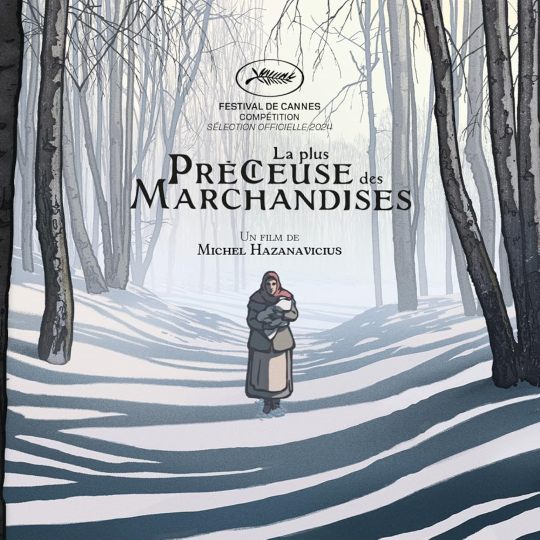
The French director Michel Hazanavicius continues his uneven post-“The Artist” run with this animated Second World War fable, adapted from a 2019 novel by Jean-Claude Grumberg (and narrated by the late Jean-Louis Trintignant). It has an affecting opening stretch, in which a baby girl, thrown by her desperate father from an Auschwitz-bound train, is rescued and raised in secret by a woodcutter’s kindhearted wife. But when the child’s provenance is discovered, stoking local antisemitism, the movie becomes a bathetic wallow in Holocaust imagery, drowned in an Alexandre Desplat score whose every surge turned my heart increasingly to stone. ♦
#Cannes Film Festival#Cannes Film Festival 2024#Youtube#Caught by the Tides#All We Imagine as Light#Grand Tour#The Seed of the Sacred Fig#Anora#The Shrouds#Megalopolis#The Substance#Motel Destino#Emilia Pérez#Oh Canada#The Girl with the Needle#Three Kilometres to the End of the World#Kinds of Kindness#Bird#Beating Hearts#Limonov: The Ballad#Parthenope#Wild Diamond#The Apprentice#Marcello Mio#The Most Precious of Cargoes
87 notes
·
View notes
Text

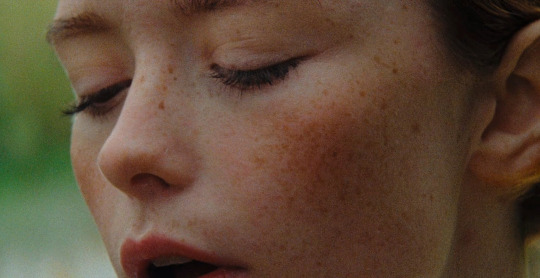
Red Rocket (2021) dir. Sean Baker
677 notes
·
View notes
Text


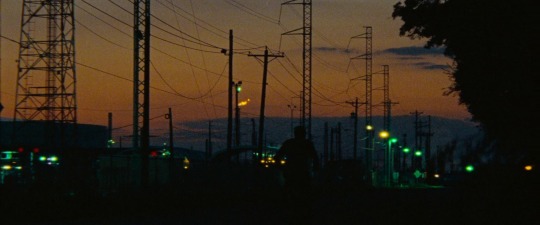
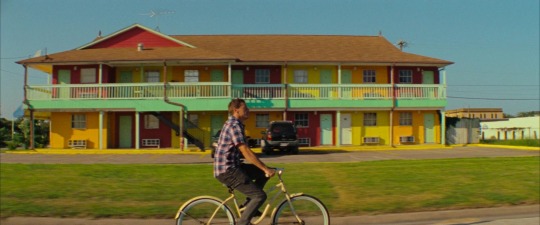


Red Rocket (2021) Dir. Sean Baker
#cinema#cinematography#filmstills#film stills#film diary#a24#film quotes#screencaps#movie quotes#sean baker#simon rex#suzanna son#red rocket
102 notes
·
View notes